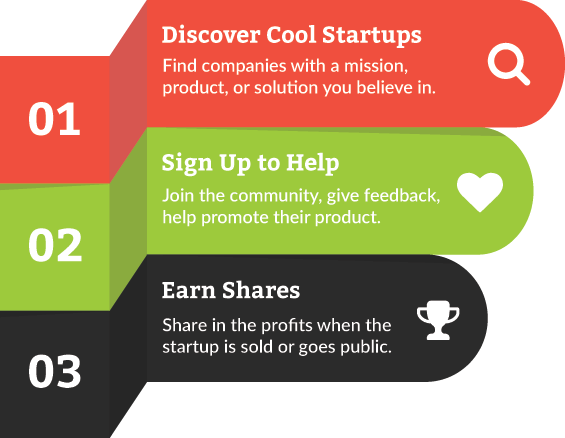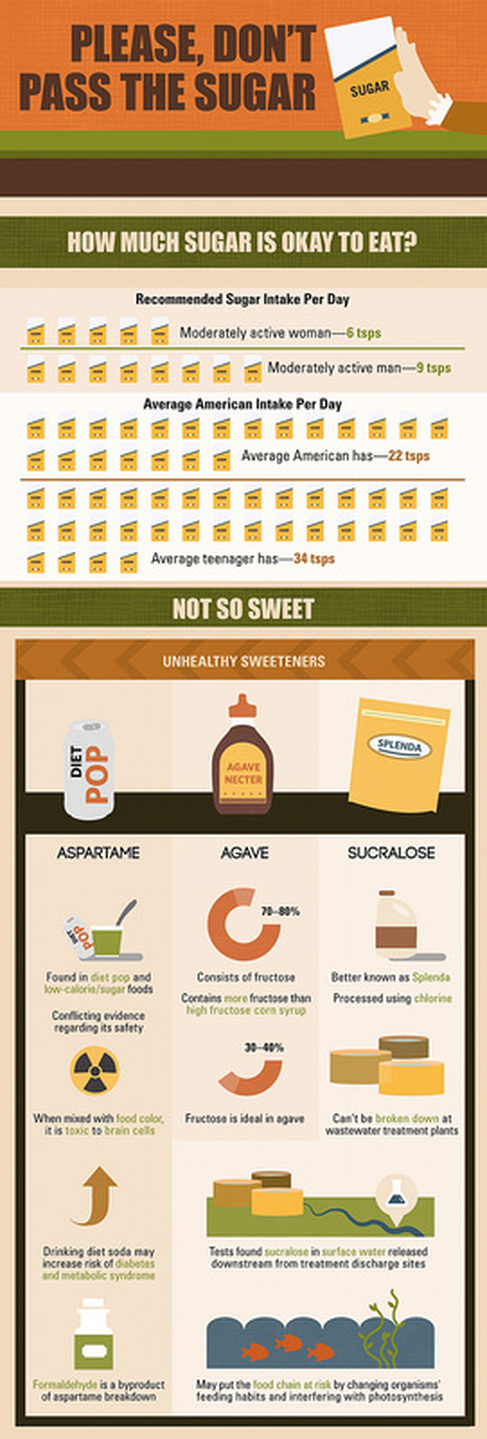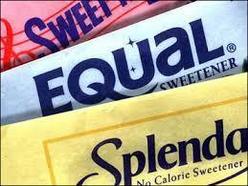“I’m a tutor with ImprovEDU. I have been working with a group of students on a project where they are learning about healthy eating and the sugar content in various foods; we found your site carried a variety of useful information including the Mother Jones page which is excellent.
Whilst carrying out group research we came across a number of articles that may also be of interest to you:
Article 2: 10 Disturbing Reasons Why Sugar is Bad For You
Found on: AuthorityNutrition.com
Posted by: Kris Gunnars, BSc
Kris’s take is that added sugar is the single worst ingredient in the modern diet.
However, it’s only true because of the excessive amount we consume most days, whether consciously or unconsciously. Unconsciously? Well, yes, when it is part of our favorite foods, like the ones in our previous post, 15 Foods You Wouldn’t Expect To Have Dangerous Amounts of Sugar.
So what are these 10 reasons according to Kris Gunnars?
1. Added sugar contains no essential nutrients and is bad for your teeth
2. Added sugar is high in fructose, which can overload your liver
3. Overloading the liver with fructose can cause non-alcoholic fatty liver disease
4. Sugar can cause insulin resistance, a stepping stone
towards metabolic syndrome and diabetes
5. Insulin resistance can progress to Type II diabetes
6. Sugar can give you cancer
7. Due to its effects on hormones and the brain, sugar has unique fat-promoting effects
8. Because it causes massive dopamine release in the brain, sugar is highly addictive
9. Sugar is a leading contributor to obesity in children and adults
10. It ain’t fat… it’s SUGAR that raises your cholesterol and gives you heart disease
Link: https://authoritynutrition.com/10-disturbing-reasons-why-sugar-is-bad/
About raising your cholesterol level, I’m sure she means the bad (low density) type….





 RSS Feed
RSS Feed